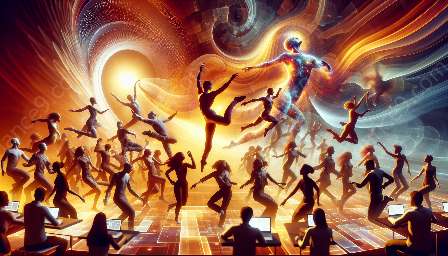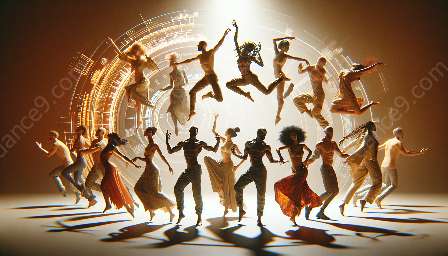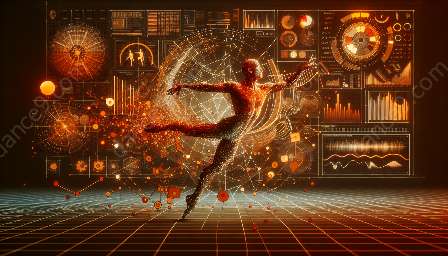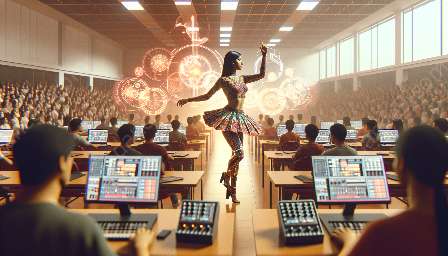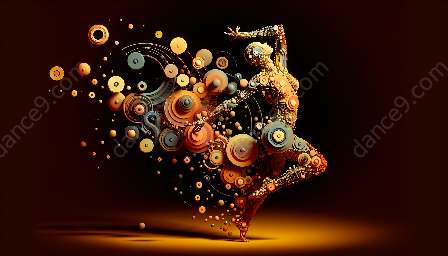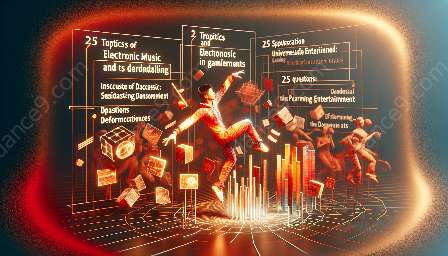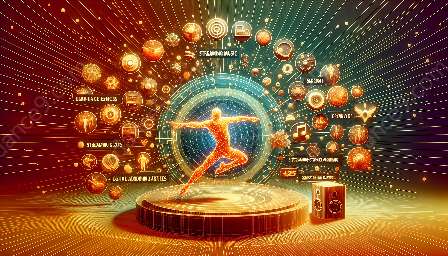Electronic dance music (EDM) has become a global phenomenon, deeply intertwined with club culture and dance music. However, the production and distribution of EDM are significantly impacted by copyright laws and intellectual property rights. In this article, we will explore how these legal frameworks shape the landscape of electronic dance music and influence its creation, distribution, and consumption.
The Intersection of Dance Music, Club Culture, and Legal Issues
Before delving into the impact of copyright laws and intellectual property rights on EDM, it's important to understand the interconnectedness of dance music, club culture, and legal considerations. Dance music has evolved alongside club culture, where DJs and producers play a pivotal role in shaping the sounds and experiences of club-goers. The electronic music scene relies on creativity, innovation, and the freedom to sample and remix existing works to create new artistic expressions.
Defining Copyright Laws and Intellectual Property Rights
Copyright laws and intellectual property rights grant exclusive rights to the creators of original works, including music compositions, sound recordings, and digital content. These legal protections are essential for incentivizing creativity and ensuring that artists receive fair compensation for their work.
Challenges in Sample Clearances and Licensing
EDM often incorporates samples from existing songs and recordings, presenting a challenge in securing clearance and licensing for these samples. Copyright laws dictate that obtaining permission from the original rights holders is necessary to avoid infringement, but this process can be complex and time-consuming, impacting the creative process and the release of new music.
Digital Distribution and Copyright Infringement
The digital age has transformed the way music is distributed, leading to heightened concerns surrounding copyright infringement. Piracy and unauthorized sharing of EDM tracks pose a threat to the revenues and livelihoods of artists and producers. Intellectual property rights play a crucial role in combating online piracy and protecting the economic interests of creators.
Striking a Balance: Creativity and Legal Compliance
While copyright laws and intellectual property rights provide essential protections, they also raise questions about the balance between artistic freedom and legal compliance. The dance music community advocates for a fair and transparent approach to copyright, aiming to preserve the spirit of creativity while respecting the rights of original creators.
Emerging Legal Frameworks for Remix Culture
In recent years, legal frameworks have evolved to accommodate the growing prevalence of remix culture within the electronic music scene. Platforms and licensing bodies have developed systems for obtaining clearances and licenses for sample-based compositions, enabling artists to navigate the legal landscape more effectively.
Impact on Music Production and Innovation
The legal intricacies surrounding copyright and intellectual property can influence the creative process and innovation within EDM. Artists and producers must navigate the legal requirements for sample clearances, licensing agreements, and distribution platforms, shaping the direction and accessibility of their music.
Fostering a Sustainable Ecosystem for Electronic Dance Music
As the dance music industry continues to evolve, the importance of fostering a sustainable ecosystem for electronic dance music becomes increasingly apparent. Respecting copyright laws and intellectual property rights is vital for nurturing a thriving environment where creativity, innovation, and legal compliance coexist harmoniously.
Educational Initiatives and Legal Guidance
Efforts to educate artists, producers, and enthusiasts about copyright laws and intellectual property rights are essential for fostering a culture of legal literacy within the EDM community. Legal guidance and resources can empower stakeholders to make informed decisions and protect their creative assets.
Collaborative Partnerships and Advocacy
Collaborative partnerships between artists, labels, and legal professionals can drive advocacy efforts aimed at shaping copyright laws and intellectual property rights to better reflect the dynamics of electronic dance music. By working together, stakeholders can influence policy changes that support the growth and legitimacy of the EDM industry.
The Future of Electronic Dance Music and Legal Landscape
Looking ahead, the future of electronic dance music is closely intertwined with the evolution of copyright laws and intellectual property rights. As technology and creative practices continue to advance, the legal landscape will adapt to accommodate the unique challenges and opportunities presented by the dynamic world of dance music.







